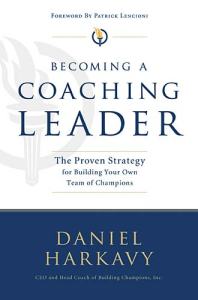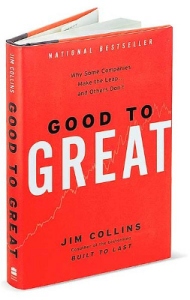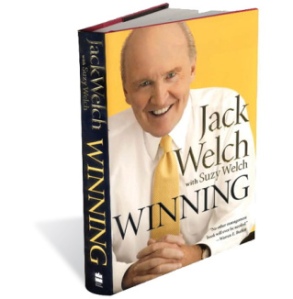I am currently on a journey to learn about coaching and how to become a coach. As a I mentioned in my last post, this is not to start some coaching business or gain another title. I am learning how to coach to improve the team of kid’s ministry volunteers that I have the privilege of serving. During this process of learning about coaching I have come to learn that being a good leader has little to do with being able to answer questions and more to do with asking questions. It has more to do with reaching the full potential in people and less about the potential of the organization or ministry.
As much as I do not like interacting with people, as I am an introvert, the more I have come to realize that is what leading, coaching, and ministry is all about. If only God had called me to some other calling. Jesus didn’t like the calling that God had on His life. To die for the sins of humanity. I figure I don’t have to like my calling either, I just have to embrace it and let God’s grace and power flow through me. 2 Corinthians 12:9 says, “…He said to me, ‘my grace is sufficient for you, for my power is made perfect in weakness.'”
I almost forgot about the book review. The book is, Becoming a Coaching Leader, by Daniel Harkavy. I had never heard of this book. The reason why I picked this book was because Patrick Lencioni wrote the foreword and who doesn’t like him. It turned out to be a well written book, but not exactly the kind of book I was expecting.
I was expecting a book like the last coaching book I read, The COACH Model, by Keith Webb. A book filled with strategies to ask the right questions. While this book included a small section on this, it was mostly a book about life and business plans and how to put those plans into action. It is a book designed for the CEO or leader of a company. The last time I looked, I was neither of those. But I did learn a few things from this book that I can use right now in my position of leadership. So let’s get on to the quick hitters.
Quick Hitters
In this section of the book review, I will point out some sections of the book that I especially liked and will try to use in my own life, character, and/or ministry.
1. The first quality that I learned from this book was that all “coaching leaders” have conviction and courage to help others improve and grow. One without the other won’t get the job done. You must have conviction or people will not follow someone that is inconsistent and unpredictable. The coach must have conviction that helping others improve is worth the effort and the time. The coach also needs to have courage to speak into the lives of other hold them accountable to their goals and execution of those goals. Most people will push back in the present, but will appreciate your heart and effort in the future. It takes conviction and courage to be a coaching leader.
2. The next principle I learned from this book is have a plan. This book frequently mentioned different types of plans that should be made to improve the likelihood of you and your organization reaching the desired outcome. The author talked about a life plan and a business plan. These are your maps to success. We usually know where we want to end up, but without a good map or plan we rarely get to our final destination. I am not going to mention all the nuts and bolts to writing out a plan for your life or business, but here are three things to keep in mind.
1. Plans need to be simple enough that they will get used.
2. Plans need to be reviewed and looked at regularly.
3. Plans need deadlines. Without one, you will never reach your goals.
4. Plans need execution. It doesn’t matter how well the plan is if it never gets carried out.Have a plan.
3. The last quick hitter that I will mention here is get to know your team, volunteers, or anyone that you will regularly coach. Each person has a different personality and learning style. Conveniently, there are many tools that have been developed to help identify personalities and learning styles. Pick a test that works for you and get to know those that you want to coach. Don’t just get to know them through a test, but get to know them through conversations, lunch meetings, reviews, etc. Once you learn about the individual you will be able to communicate, teach, and coach them in a way that caters to their traits and styles. Get to know the individual.
Those are my quick hitters that I learned from this book:
It takes conviction and courage to be a coaching leader.
Have a plan.
Get to know the individual.
Read the rest of the book for yourself. There is much more to learn and only a limited amount of time.




